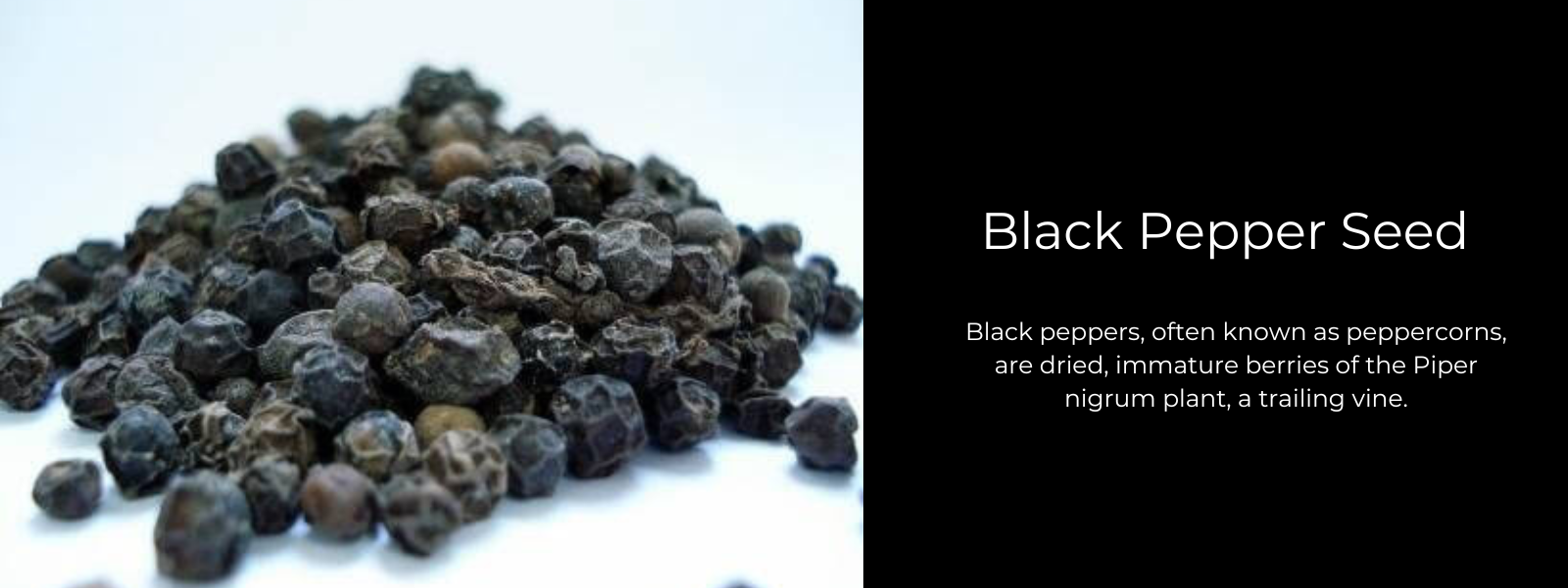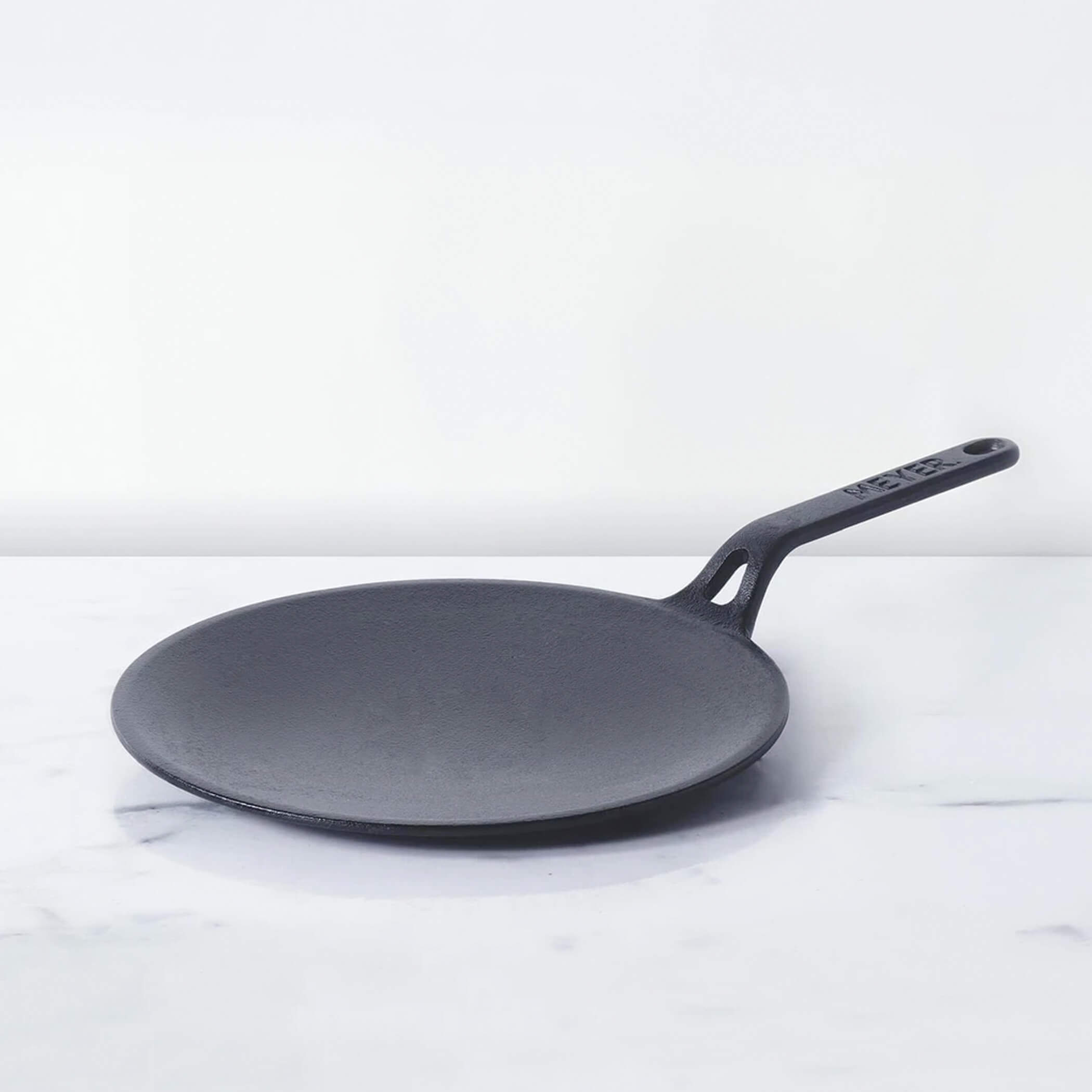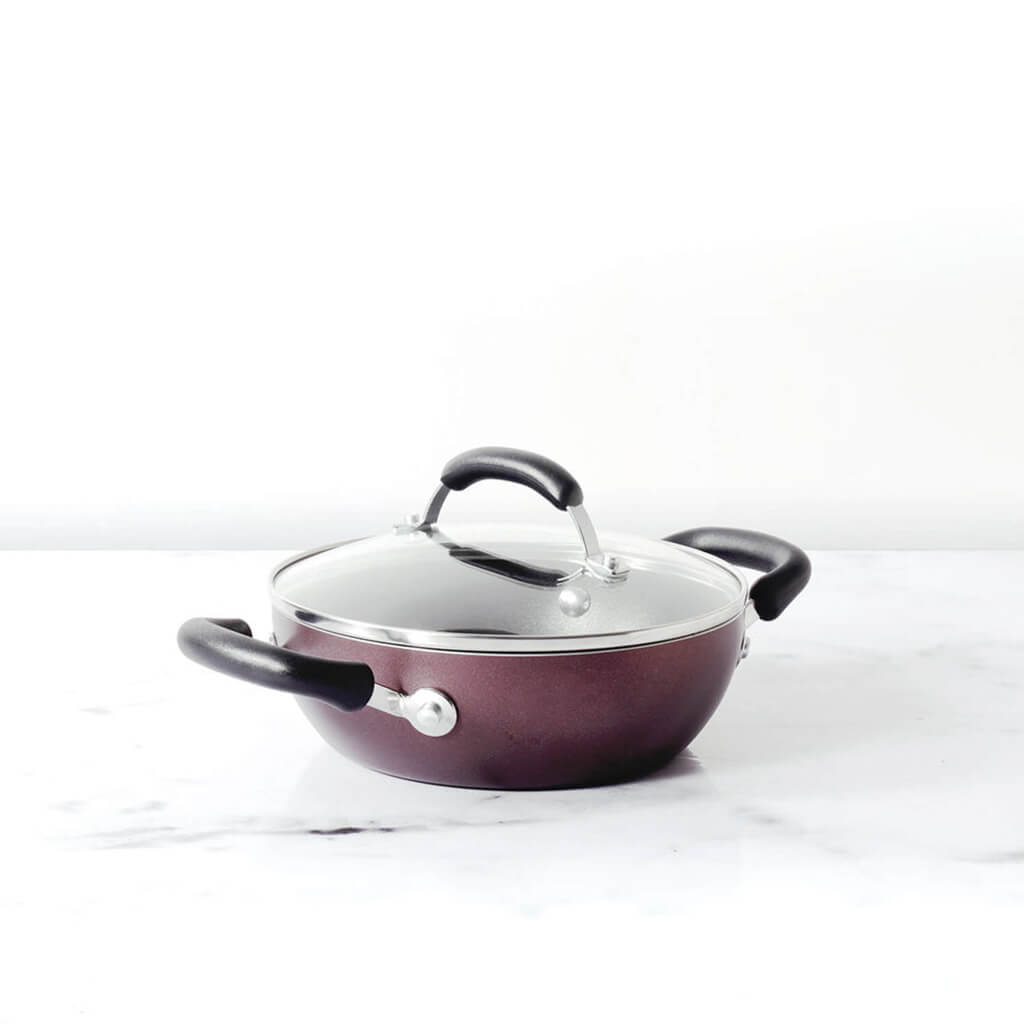Chia seeds are full of important nutrients like omega-3 fatty acids, fibre, protein, antioxidants, and minerals like calcium. These nutrients give it numerous advantages, like helping you lose weight and keeping your blood sugar in check. They also help keep teeth and bones healthy, speed up the metabolism, and reduce swelling.
What are chia seeds?
Chia seeds are the seeds of a flowering plant in the mint family. They are also called Salba chia or Mexican chia. The seeds are from Mexico and Guatemala and have been around for a long time. They were very important to the Aztec and Mesoamerican cultures of the past. The seeds could be used as medicine and were a big part of the people's diets. People know that the seeds are a healthy way to get a lot of nutrients.
Origin of chia seeds:
Chia seeds emerge from the Salvia hispanica L. plant, which used to be a very important crop in Mexico and Guatemala. It was grown as a food source as early as 3500 BC. In religious ceremonies, it was given to the gods of the Aztecs.
Facts about chia seeds:
- Chia is safe from bugs because it comes from the mint family. This is because insects don't like mint, so you don't have to use pesticides to grow it.
- The Aztecs thought chia seeds were so valuable that they even used them as money.
- The chia seed plant is very moody and needs certain conditions to grow. So, it is grown at latitudes between 23 degrees north and 23 degrees south.
- In the 1990s, Dr. Wayne Caotes led a project in Argentina to find cash crops that could help the farmers there. This is where he found chia.
- Chia seeds have purple and white flowers.
Difference between chia seeds and basil seeds:
Basil seeds are a bit bigger than chia seeds, but they have the same kinds of nutrients. The most important difference in terms of nutrition is that chia seeds have more than twice as much omega-3 fat as basil seeds but a little less fibre. When you soak chia seeds and basil seeds, they grow and turn into a gel.
Nutritional profile of chia seeds:
100 grams of chia seeds have about 485 calories, 31 grams of fat, and 42 grams of carbohydrates. The seeds also have 18 of the 22 amino acids, including all 9 essential amino acids: lysine, leucine, isoleucine, , tryptophan, phenylalanine, methionine, threonine, valine, and histadine. 28 g of chia seeds is one serving.
Health benefits of chia seeds:
Cuts down free radicals
Chia seeds have antioxidants that can help your body fight off free radicals. Oxidative stress and damage to cells are both caused by free radicals. Eating foods that are high in antioxidants may lower your risk of many health problems that are linked to free radicals, such as heart disease, memory loss, and some types of cancer.
Keeps heart healthy
Quercetin, an antioxidant found in chia seeds, can lower your risk of getting heart disease and other health problems. The seeds also have a lot of fibre, which can help lower high blood pressure and reduce the chance of getting heart disease.
Healthier Weight Management
A 1-ounce helping of chia seeds gives you 39% of the fibre you should get every day. When you eat the seeds, the soluble fibre in them soaks up water, which makes the seeds expand in your stomach and make you feel fuller. Chia seeds can assist with maintaining a healthy weight by making you feel fuller even when you eat less.
Boosts Bone Health
Some nutrients in chia seeds, like magnesium and phosphorus, are very important for bone health. One ounce of the seeds also gives you 18% of your daily calcium needs, which is important for healthy bones, muscles, and nerves. gramme for gramme, chia seeds have more calcium than milk, yoghurt, and cheese.
Blood sugar levels got better
There is a lot of fibre in chia seeds. Studies show that fibre may help reduce insulin resistance as well as boost blood sugar levels, lowering your threat of metabolic syndrome and type 2 diabetes. Scientists have additionally discovered that bread with chia seeds affects blood sugar less than regular bread, which helps keep blood sugar levels from getting too high.
Decreases inflammation
Heart disease and cancer are just two of the diseases that can be caused by long-term inflammation. Caffeic acid is an anti-inflammatory antioxidant that can be found in chia seeds. Regularly eating chia seeds may also help lower inflammatory markers, which are often signs of an inflammatory disease.
Ways to consume chia seeds:
- You can make chia pudding by blending them with milk or fruit juice and topping it with fresh fruit.
- Making something that can be used instead of eggs in baked goods like cakes or breads.
- Making muffin batter with them
- Making a chia gel to put in homemade soups or smoothies
- Adding raw seeds to a salad or oatmeal
- Chia sprouts are made by soaking the seeds.
- Putting them in homemade energy bars or making a coating for fried chicken with almond flour and spices.
How much chia seeds can you consume in a day?
Usually, you can eat 20 grams (1 12 tablespoons) of chia seeds twice a day. You can enjoy a meal or snack with the seeds.
FAQs on Chia Seeds:
Ques: Can I put chia seeds in place of flax seeds?
Ans: Yes, you can. The two different kinds of seeds can be a healthy part of your daily diet. You can use the other type of seed if you don't have the first. Both can make a gel and have about the same amounts of many nutrients.
Ques: Can you eat raw chia seeds?
Ans: Yes, and one of the most common ways to eat the seeds raw is to sprinkle them on other foods or mix them in with them.
Q: Are chia seeds legumes?
Ans: No. It's just seeds.
Ques: Can you soak chia seeds in hot water?
Ans: Can you soak chia seeds in hot water? You can immerse them in cold water instead and then eat them.
Ques: Should chia seeds be chewed or swallowed?
You can chew them whole or combine them with water or milk and gulp down in the morning, depending on what you prefer.











Leave a comment